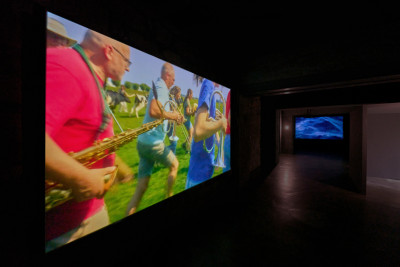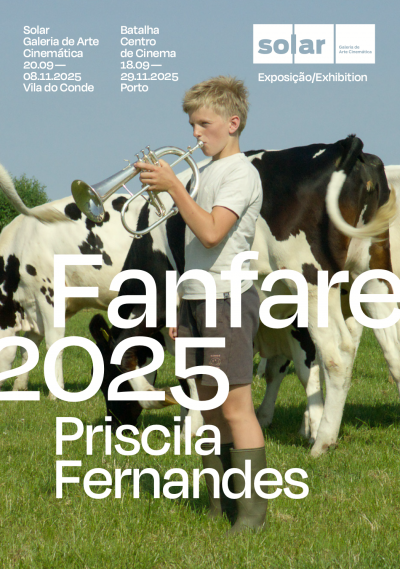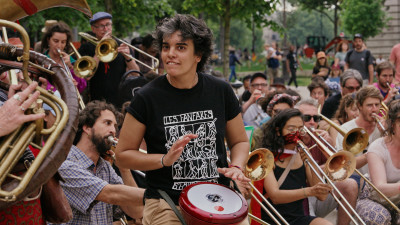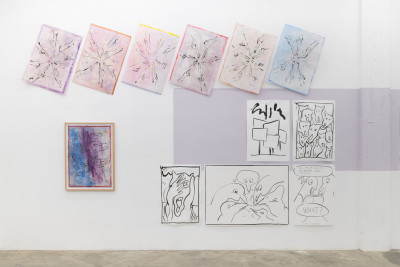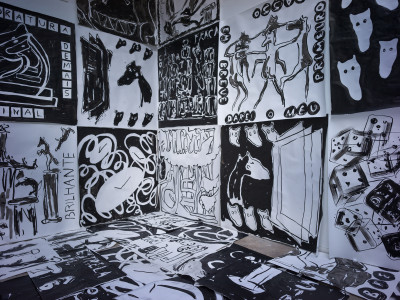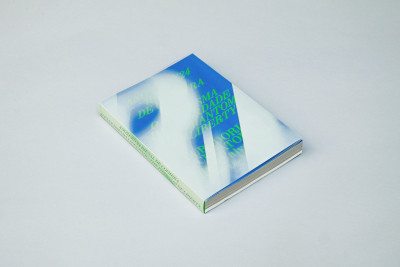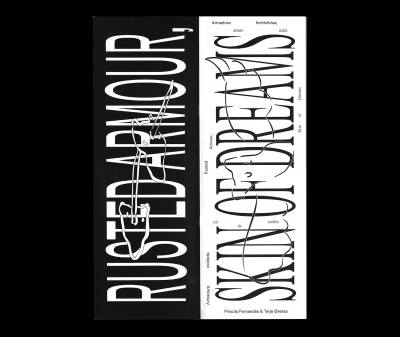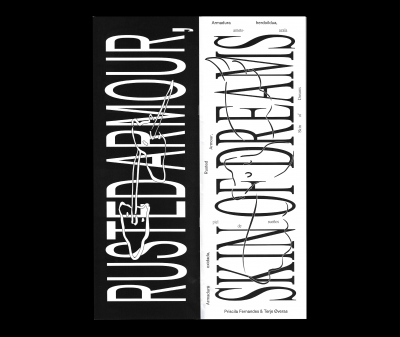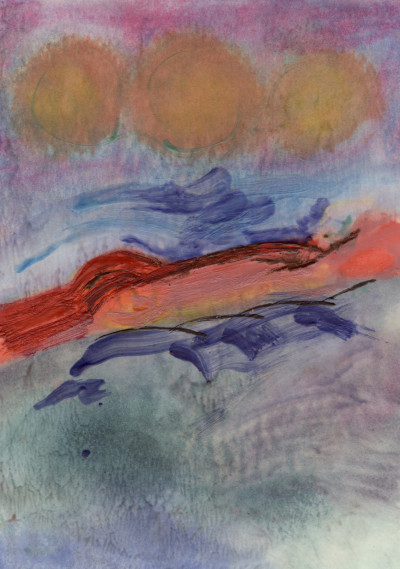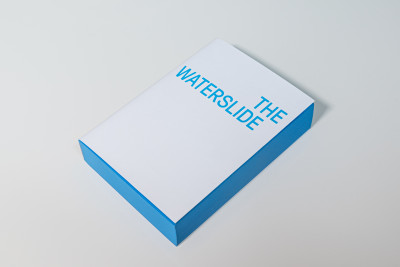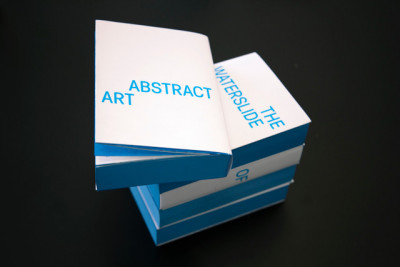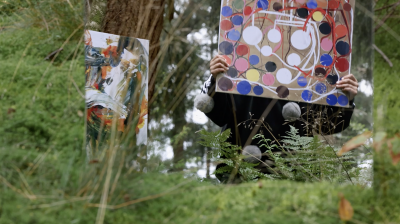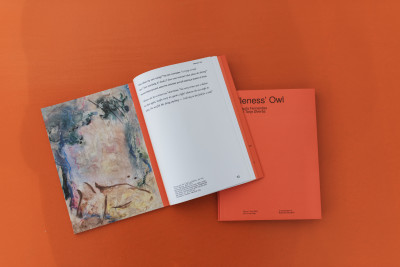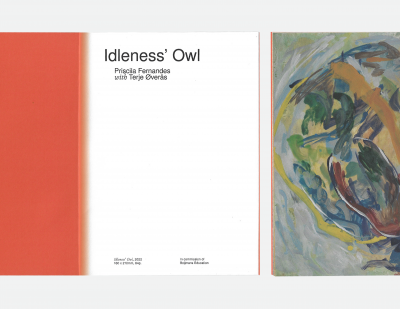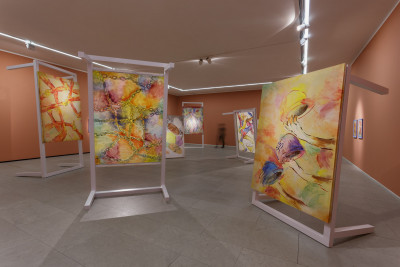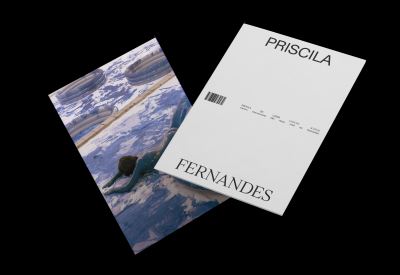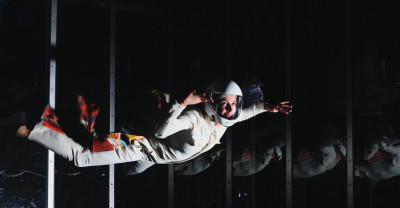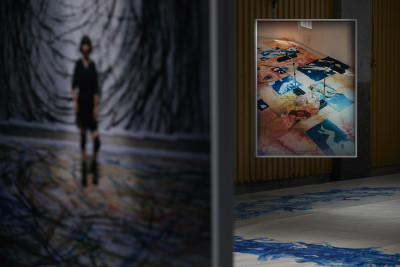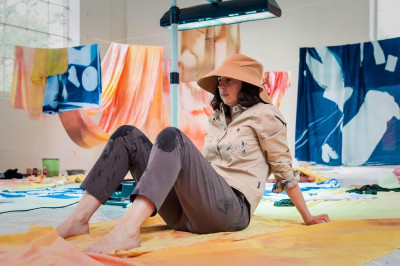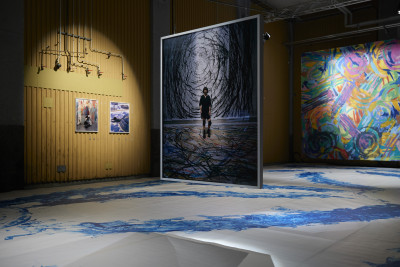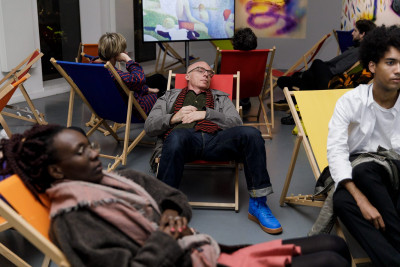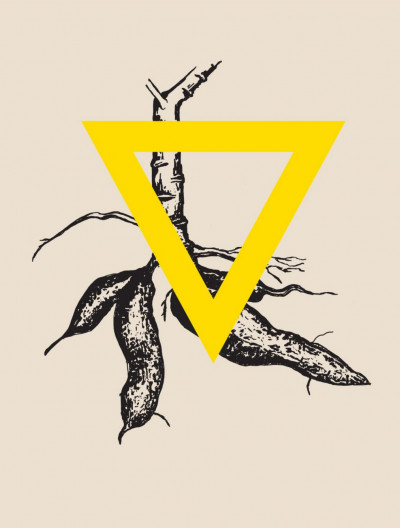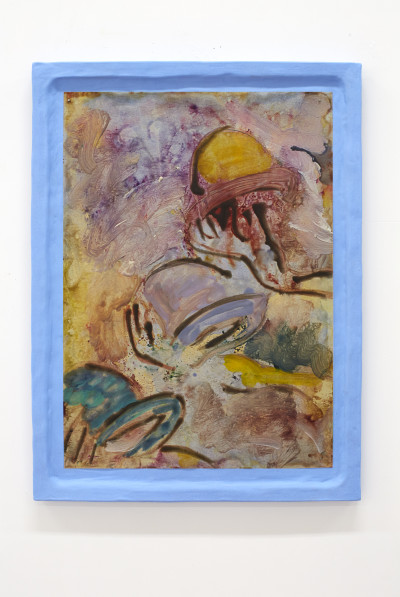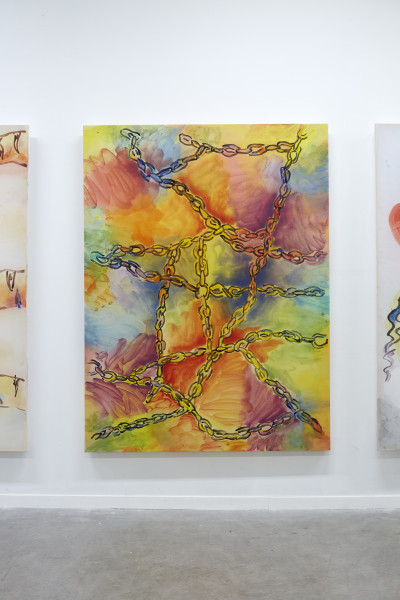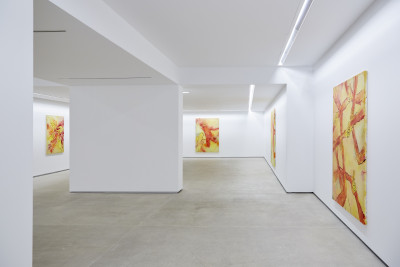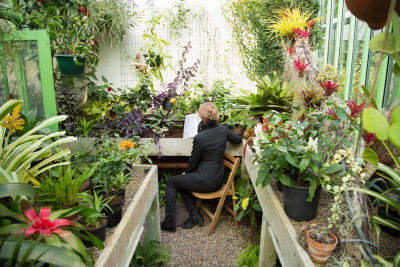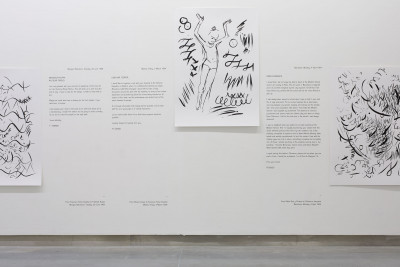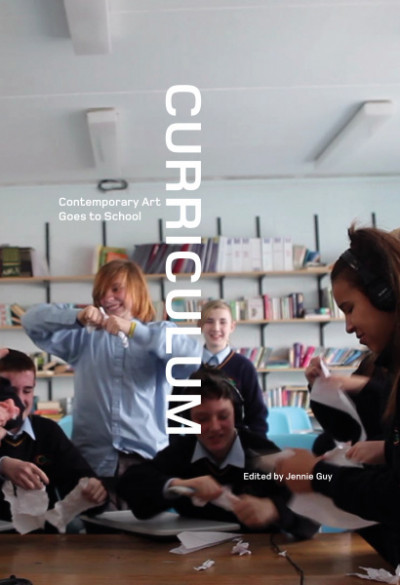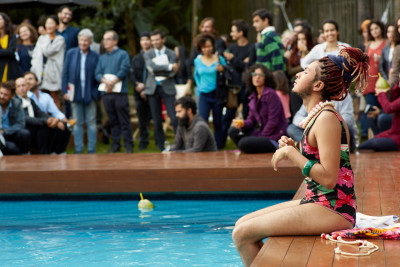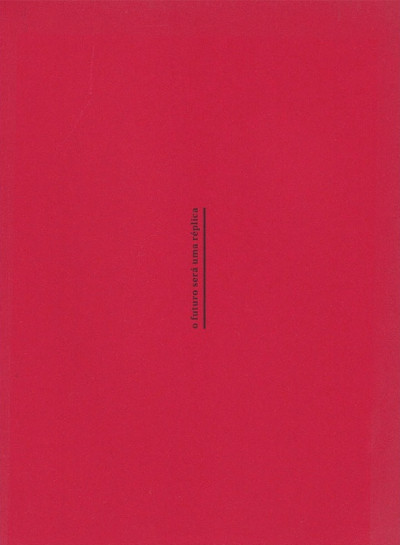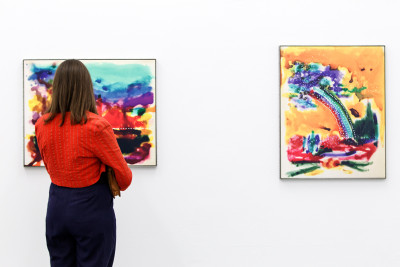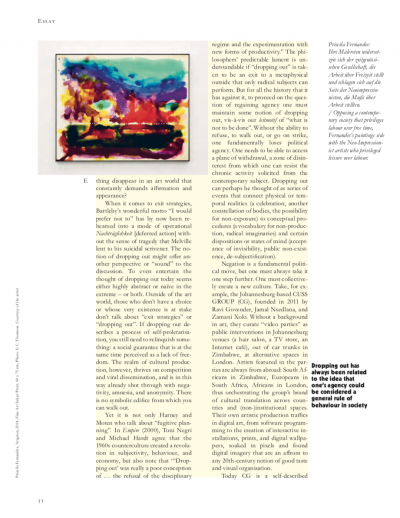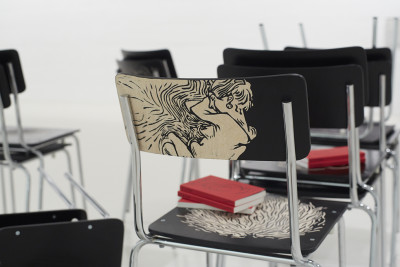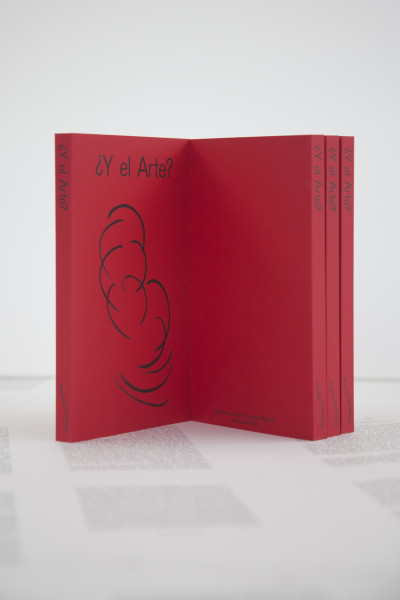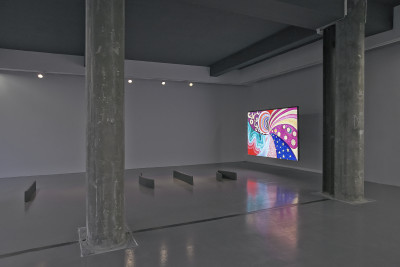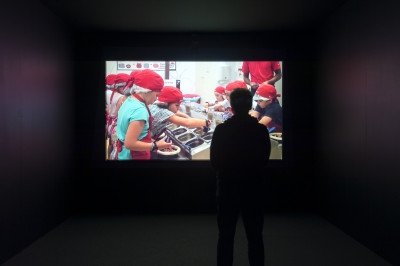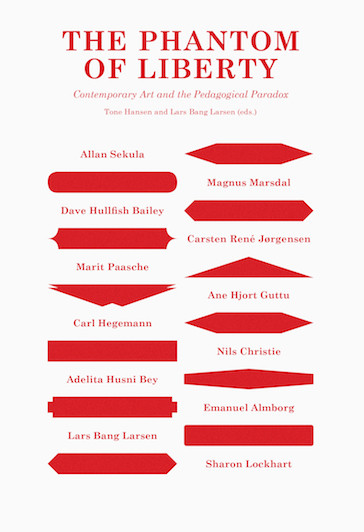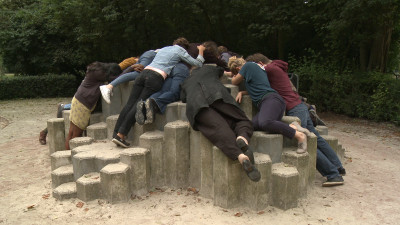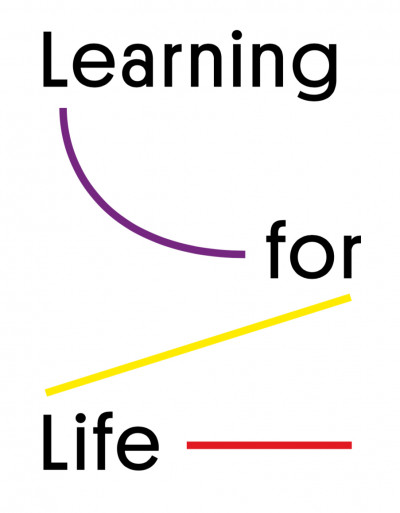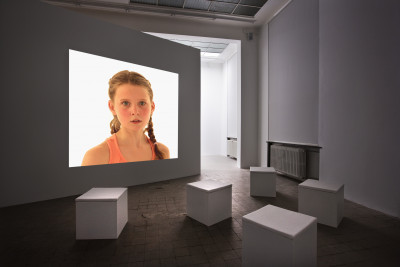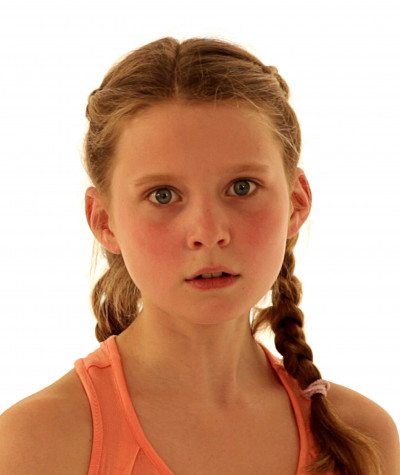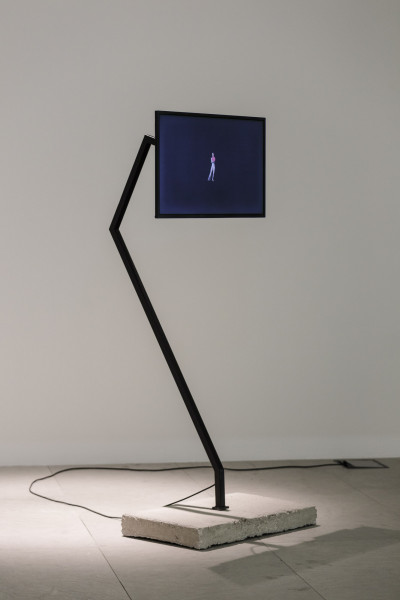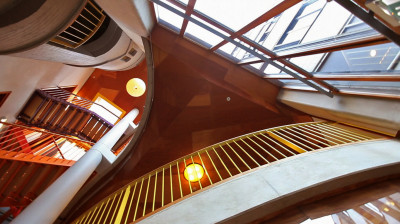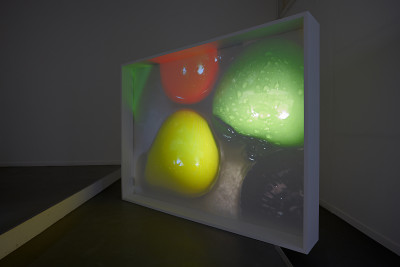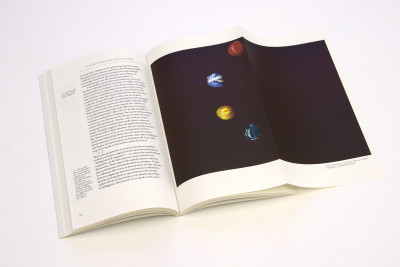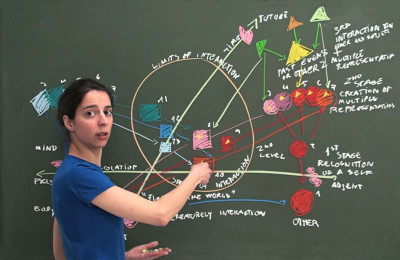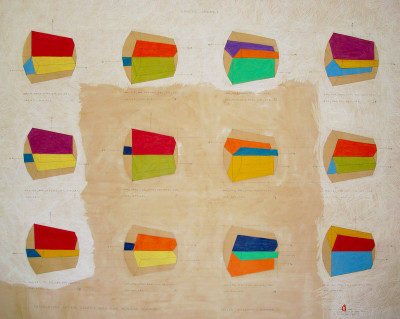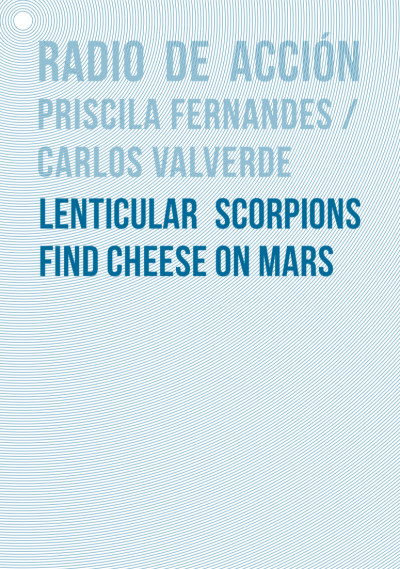Vincent van Velsen
Text written on occasion of Artissima, November 2018. Vincent van Velsen (1987) is an Amsterdam based writer, critic and curator with a background in art and architectural history. He regularly writes for individual artists, institutions and magazines; amongst which Frieze, Flash Art and Metropolis M – where he also holds a position as contributing editor.
Published in 2018
By Cinnnamon (NL) and Division of Labour (UK)
What do artists do when they want time off? Going to the museum is part of work. Reading a book most likely sparks some thoughts reflecting on one’s own practice. Going to the art fair does too. So as, Jerry Seinfeld said: “Doing nothing is not as easy as it looks. You have to be careful. Because the idea of doing anything, which as you know easily could lead to something, would cut into the nothing; and then forces me to have to drop everything.”
Priscila Fernandes is interested in looking at notions of leisure and play as positive strategies that resist the expectations on cultural work and productivity. Thus, Fernandes’ nothing is actually comprised of something: she addresses the transmission of knowledge, didactics and the ideologies behind varying forms of education and their dissemination through play, creativity and production. She focuses on seemingly innocent modes of formation; such as the way architecture influences our condition(ing), or pedagogy, playgrounds, and the role art fulfils within the cultural constructions of individuals and society.
Recently, Priscila Fernandes has become more interested in modes of leisure. She considers this way of spending free time as a subversive act to all kinds of rules and regulations: from social obligations to demands from family and friends; working hours, bosses, measured productivity and contracts, liabilities and responsibilities that collectively shape our quotidian possibilities. At the same time she addresses the coalescence of work and leisure and the influence this has on the perception of art. She aims to create an awareness about how we are being asked to perform labour in the present day by questioning the frameworks and systems in place.
The theoretical and philosophical background of the perception of productivity and artists as lazy both reach back on the Calvinist and Puritan background of Western Europe, the United States and capitalism: the religious strive for the ascetic life defined by peace, purity and regularity. The piety that imposes rational and systemic work, order and focus, while prohibiting abundance and enjoyment. From this line of thought stems the contemporary demand of giving meaning to one’s life through work. Efficiency and a sense of sobriety are key; while being lazy, idle, or sluggish are capital sins.
On the other hand, the appeal of these sinful traits is what comprised the medieval utopian myth of the Country of Cockaigne - a place of abundant food, pleasant weather and where work is unnecessary. Such fantastic places reveal the deficiencies of a society as much as that they indicate its deepest desires. However, over the last five decades materialism and consumerism, enhanced by pragmatism and neoliberal politics have done away with such imaginative thought. Predatory capitalism in which lavish rewards are promised to those who work hard and consume accordingly has become the status quo.
Important to propagating such thought was Margret Thatcher. The Iron Lady who coined the TINA doctrine (There Is No Alternative). She combined the repudiation of alternatives and alternating world views with an imposed lack of imagination: neoliberal Utopia only exists in the here and the now . In the aftermath of this dim constitution, Oasis was founded in Thatchers hinterland. The band stemmed from the working class of Manchester and through their ludic, rebellious, and discomforting music came to live the rockstar dream. The title of this presentation by Priscila Fernandes is an enhanced sentence from their song Whatever (1994). The track seems to be a middlefinger to the forlorn situation that was supposed to have been their destiny; and an ode to possibilities.
Fernandes propagates a similar act of disobedience. Free. To do whatever we is a series that wails to go on a razz. She wants to break free. Free from the framework of society’s expectations and the constant need to be productive. In her series of works on show, she depicts the transitory process of breaking free. Every single work is indicative for a step towards such freedom. She starts at a bound and constrained structure, and moves along welcoming gestures that tell to take off your hat and let your hair down, towards an eventual culmination implying a total freedom of movement – beyond the restrictions of society, space and time: Free. To do whatever We...
READ MORE...
